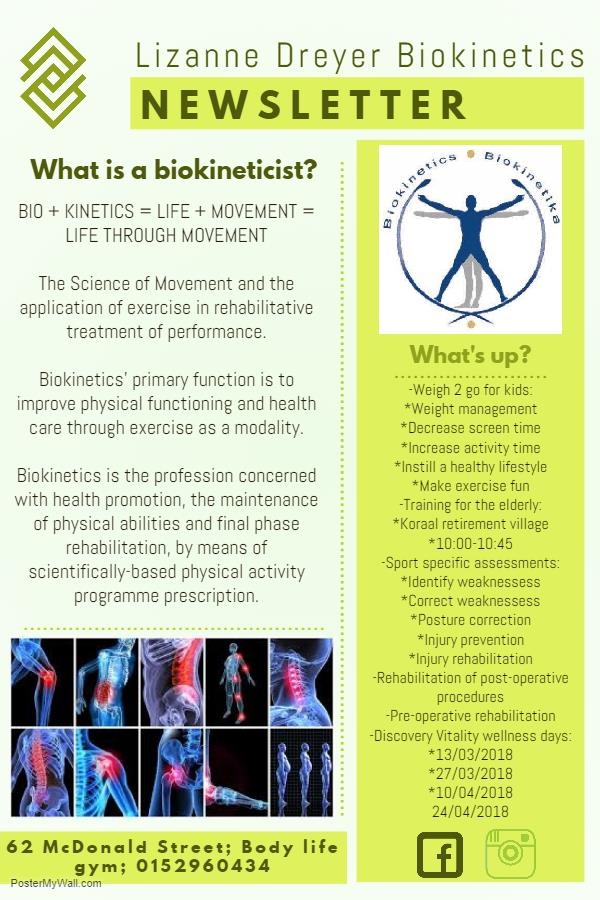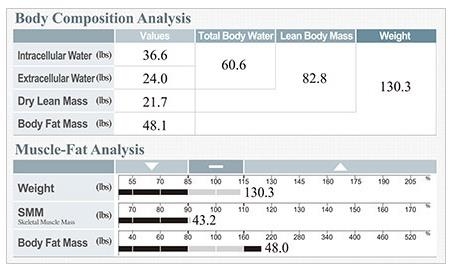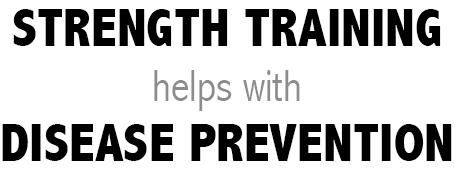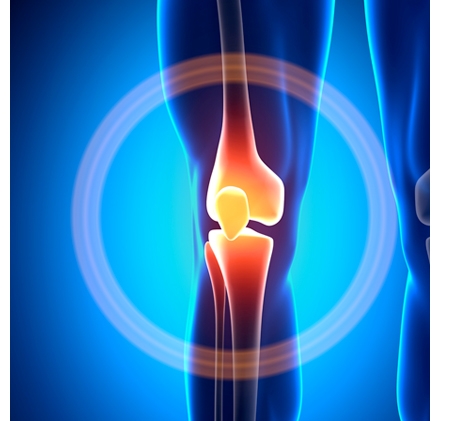| | Wednesday, April 24, 2024 |

Stress causes shallow, constricted breathing which can go unnoticed by you but not unfelt by your body.
Simply feeling the air come into your lungs, filling up, and slowly emptying out, can be really good at reducing stress and tension.
There’s a technique called diaphragmatic breathing, often used in yoga practice, that is worth trying out.
Sit in a comfortable, upright position and place one hand on the top part of your belly and the other hand on your chest. Now inhale through your nose as you normally would and feel whether it’s your chest or your belly that rises.
 |
If it’s your belly that rises, that’s a good thing. If it’s your chest that rises, relax and breathe a bit deeper until your belly rises. Breathing like this allows the lungs to fill up properly, giving you a completely full breath of air.
So when stress arises in your day to day life, it can help to stop what you’re doing and breathe slowly, deeply and consciously.
Regular exercise is another great stress buster. Do you have a weekly training programme? Come speak to us.

Biokinetics is the science of movement and the application of exercise in rehabilitative treatment of performance. Biokinetics primary function is to improve physical functioning and health care through exercise as a modality
For more on this service please read the attached pamphlet.
 |

We are proud to announce that we have invested in the latest cutting edge body composition testing technology. We have tested the technology over the past few weeks and found remarkable accurate results in clients.
This is an excellent way to test your body composition changes over a set period of dieting and exercise.
Assessments can be booked @ our Bendor Branch. For more information on this technology follow this link.
Click here to book your assessment.
| |  |
|
| |
 |
Contrary to what its name suggests, strength training is not just about building muscular strength.
It is also about strengthening other systems within your body that can give you added
defence against certain diseases.
|  | Type-2 diabetes
Strength training helps
to improve your body’s
sensitivity to insulin,
the hormone responsible for regulating blood glucose level.
This improved sensitivity makes
your body better at breaking
down and using sugar,
so that less of it accumulates
in your bloodstream;
thereby reducing your
risk of developing
type-2 diabetes.
|
| Osteoporosis and
neuromuscular disease
Osteoporosis is when your
bones lose density and
become more brittle and
prone to fractures.
Strength training helps to
increase bone density.
Neuromuscular disease is
when your muscles
and/or nerves stop
functioning normally and
can lead to problems like
weakness and inflammation.
Strength training helps
by firing neurons and
activating muscle tissue. |  | |
Metabolic syndrome
Metabolic syndrome involves problems with blood pressure, cholesterol, blood sugar and
body fat that combine to lead to illnesses like heart disease, obesity and diabetes.
Strength training boosts the metabolism, normalises chemical and hormonal levels, and helps to
control bodyweight; reducing your risk of developing symptoms of metabolic syndrome.
|  | | |  |
Achieving better fitness and your ideal bodyweight doesn’t have to be a slog, it should be fun!
|  | |
| |
 |
The benefits of regular exercise for your skeletal muscle, heart and lungs is well documented,
but just as beneficial to your health and well-being is the effect of exercise on your brain health.
|  |  | | | | Normalised sleeping patterns
Regular exercise helps your body to
maintain a regular sleep cycle. One of the
reasons for this is the increased
secretion of the neurotransmitter
called serotonin, that helps to
regulate mood and the body’s natural
sleep cycle. When you have a
consistent sleeping pattern,
your brain gets ample
time to regenerate itself and stay healthy. | Reduced inflammation
Chronic inflammation is a harmful
condition that is usually accompanied
by the presence of free-radicals.
These can damage your body’s
healthy cells, including those in your brain.
Exercise helps to reduce inflammation and
thereby indirectly helps to protect your
brain cells from oxidative damage. | |
|  | | | Combine strength and cardio
Studies have suggested that strength exercise and cardio exercise have different but equally
beneficial effects on brain function. The same is true for their effect on your muscles, lungs and heart.
This is why it is especially beneficial to include a variety of exercise types in your workouts.
|  | | |  |
Strengthen your body as well as your mind in the gym.
|  | |



















